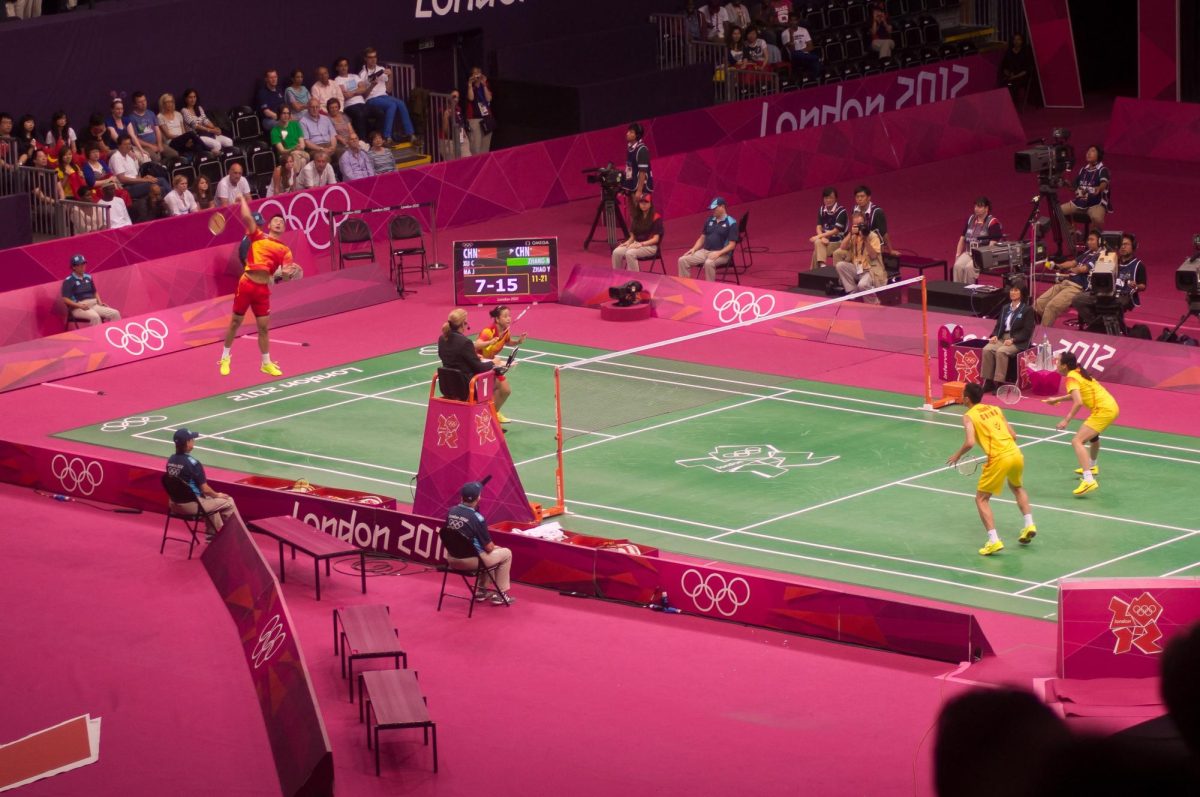Soccer’s history traces back hundreds of years, with early forms of the game in old civilizations to the modern sport. In 1863, the Football Association was formed in London, establishing the first comprehensive set of rules that would transform a loosely organized pastime into a structured sport. These foundational regulations quickly spread across Europe and then globally, with countries developing their own passionate interpretations and national styles of play.
The sport rapidly transformed from a local pastime to a global phenomenon. The formation of FIFA in 1904 and UEFA provided crucial organizational structures that standardized rules and facilitated international tournaments. By the year 2000, soccer had transcended its European roots, spreading through South America, Africa, and Asia, with each region developing its own distinctive playing style and passionate football culture. The World Cup emerged as more than a mere tournament: It became a global spectacle that weaves together legendary moments and captures the raw human drama that makes soccer a universal cultural phenomenon.
The game’s power extends far beyond the pitch, serving as a universal language that bridges economic, racial, and political divides. Players like Pele, who transformed Brazil’s national identity, and coaches like Sir Alex Ferguson, who defined generations of success, represent more than sporting achievements: They are cultural icons who have inspired millions and demonstrated soccer’s unique ability to connect people across different backgrounds and experiences.
Related Stories:
https://www.bundesliga.com/en/faq/all-you-need-to-know-about-soccer/the-history-of-soccer-10560
https://www.footballhistory.org/
https://www.britannica.com/sports/football-soccer
https://historytimelines.co/timeline/soccer
https://bedtimehistorystories.com/history-of-soccer-football/
Take Action:
https://seatgeek.com/soccer-tickets
https://www.ticketmaster.com/discover/sports?classificationId=KnvZfZ7vA7E





